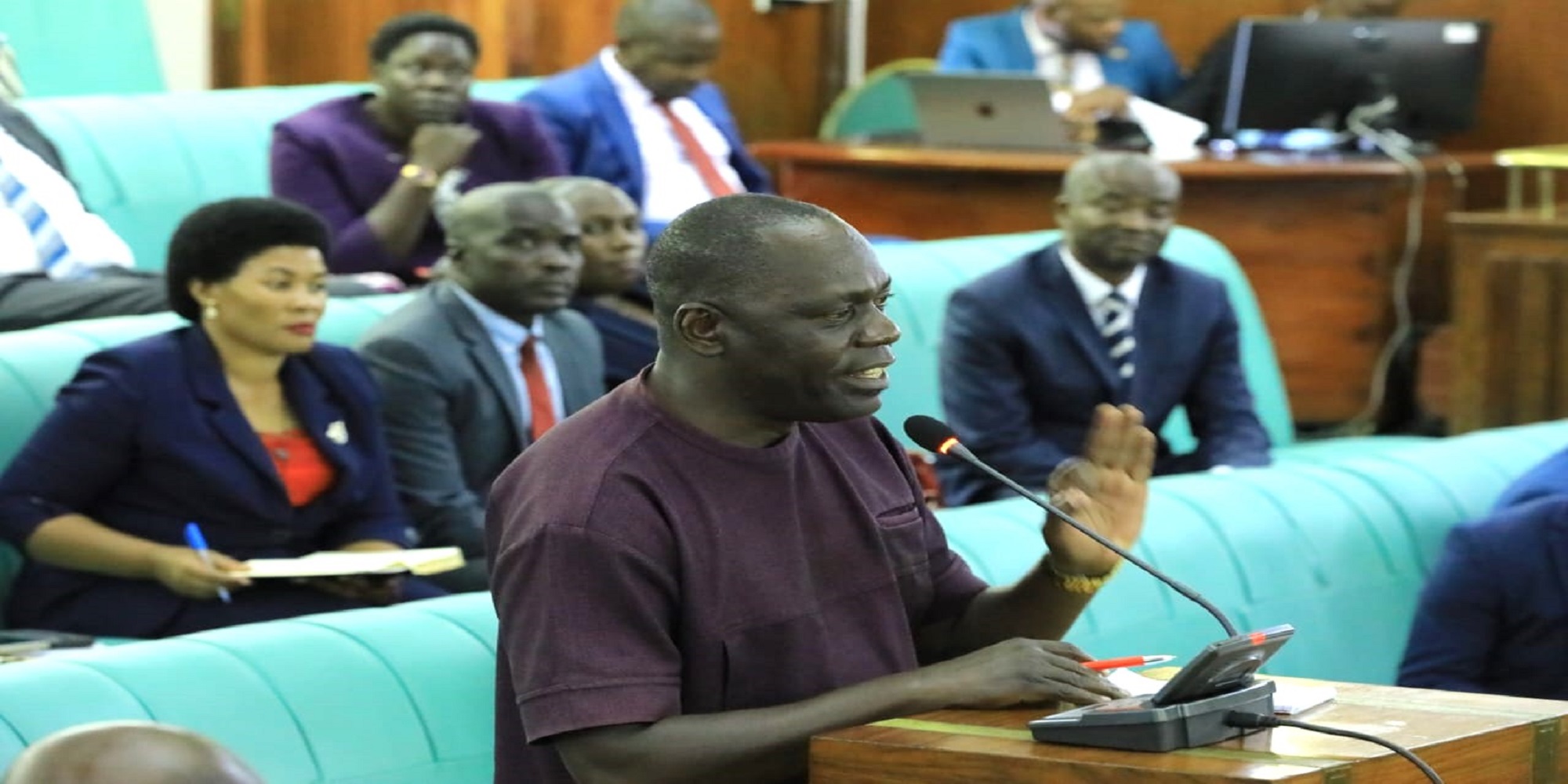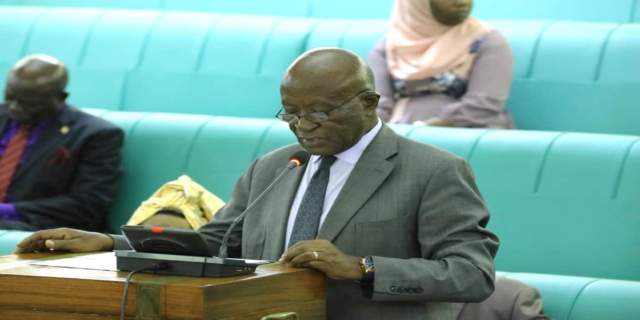
Government has been urged to establish mechanisms of preserving and promoting indigenous seeds and animal breeds, in a motion moved by Bufumbira East County representative, Hon. James Nsaba Buturo.
The Nsaba Buturo motion which was largely supported by legislators, calls on government to move fast in protecting, preserving and promoting the traditional seeds and breeds to counter the impending competition by multi-national organisations promoting genetically modified seeds and breeds (GMOs).
“The multi-national companies are behind the drive to take over worldwide control of the seed sector and the sale of fertilizers and herbicides which will make them monopolies, Uganda is facing a serious challenge which deliberately designed to lead to extinction of traditional seeds,” Nsaba Buturo said.
He argued that such an arrangement should concern government, saying it has potential to affect its political stability and independence.
“These companies will turn our farmers dependent people who will have to buy from them every season, it will condemn us to seed insecurity and loss of seed sovereignty which will inevitably affect our political stability,” said Nsaba Buturo during the plenary sitting on Thursday, 25 September 2024 chaired by Deputy Speaker, Thomas Tayebwa.
The Bufumbira East County MP made a case for traditional seeds saying they are more affordable, accessible, taste better and are better adaptable to local conditions as compared to GMOs or improved seeds.
In his prayers, Nsaba Buturo asked government to come up with policies to safeguard traditional seeds and breeds, finance research on seed preservation and carry out sensitisation of farmers on how to identify and preserve quality seeds and breeds.
He proposed that a department in the Ministry of Agriculture, Animal Industry and Fisheries be created to promote, preserve and protect traditional/indigenous seeds and breeds.
MPs recognised that the motion requires urgent attention saying the threats of GMOs is imminent. Kimanya-Kabonera Division MP, Hon. Abed Bwanika, said government could learn from South Africa which preserved the best quality of its indigenous goats that currently have a worldwide market.
“We buy Boers and Savannah goats from South Africa, those are their traditional goats – what they did is they invested in selection. Government must finance research to conduct studies on how to select our good traditional seeds and breeds otherwise the threats of GMOs will come to us soon,” Bwanika said.
Members were concerned with the improved seeds on the market that have replaced traditional seeds, saying they are not only expensive for farmers but adversely affect the soil quality since they depend on fertilizers and chemicals.
“Currently the improved seeds require farmers to keep on applying chemicals in order to yield and survive, which is deadly to our soils yet our traditional seeds used to perform well without fertilizers and other chemicals,” said Hon. Gilbert Olanya (FDC, Kilak South County).
There are MPs who feared that GMOs were already in the market which agricultural and veterinary practitioners, such as Bwanika rejected.
She appealed to government to consider the effects of climate change on soil, proposing that it is the indigenous seeds that can stand the adverse effects of climate change.
“As climate change activists, what we are saying is that one of the adaptive methods to its effects is to use traditional seeds because in most cases they have stood droughts, heavy winds and floods,” said Nakimwero.
Kasilo County MP, Hon. Elijah Okupa, said there is potential in our traditional seeds and breeds if they are well promoted, citing the Ankole cattle breed which President Yoweri Museveni has been promoting and is now sold in South Africa.
The Minister of State for Trade, Industry and Cooperatives (Industry), Hon. David Bahati, said government vehemently supports the motion citing the comparative advantage traditional seeds and breeds have over the improved ones.
“We believe in science but science without ethics can be dangerous. We know there is evidence that indigenous seeds and breeds of animals and birds have a higher propensity to survive in the ever changing climate,” he said.






